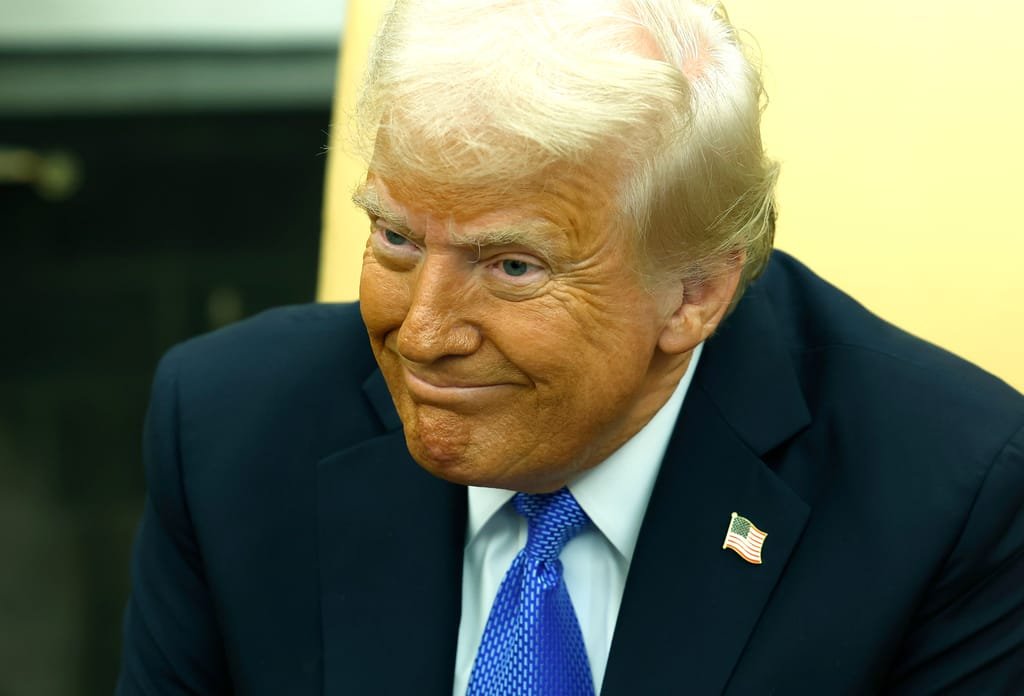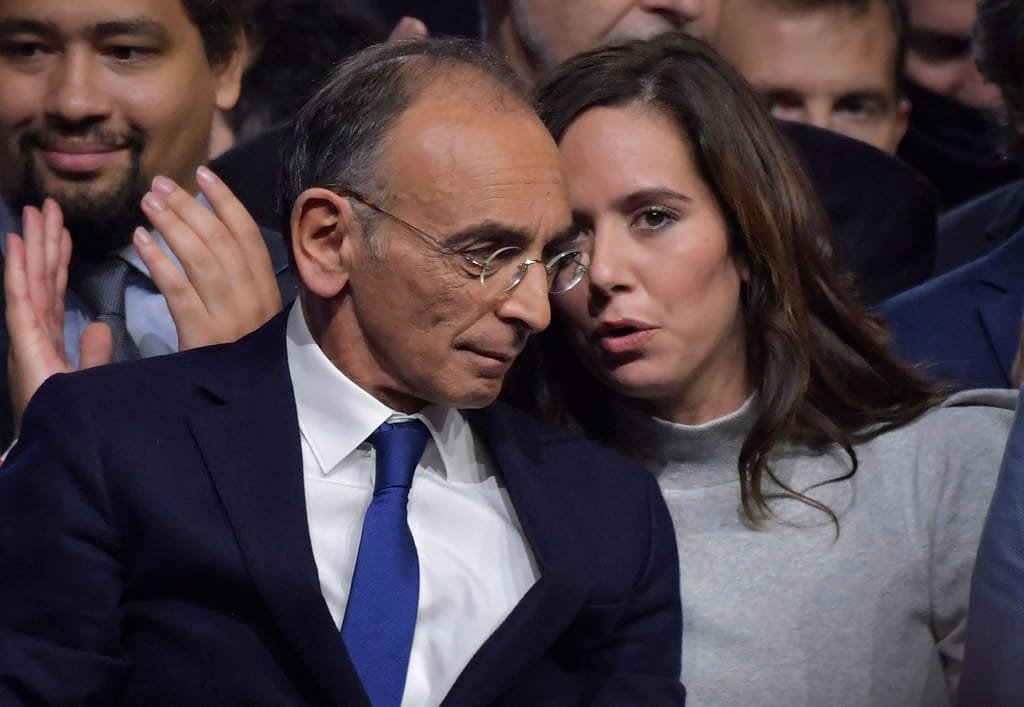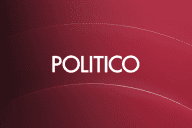Top European officials had no clue Donald Trump was about to announce a peace plan for Ukraine, after a world-changing call to the Kremlin.

LONDON — Europe just found out what some have known for a while: Donald Trump doesn’t ask first.
The U.S. president ripped up Western consensus by calling Vladimir Putin to open peace talks over Ukraine, offering a sweet basket of concessions to the Russian leader before negotiations had even begun.
And it seems he didn’t bother to consult America’s allies in the European Union or the U.K. over what he was about to do.
It’s a situation that lays bare the painful extent to which Europe — and the EU in particular — is now on its own, and seen in Washington, at best, as irrelevant. The transatlantic alliance, which was the foundation of European security since 1945, has been cut back to the brittlest of bones.
Just hours before Trump and Putin shared their “highly productive” 90-minute call on Wednesday, the leader of the EU’s biggest economy, German Chancellor Olaf Scholz, said he confidently expected Trump to stand by Kyiv.
In an interview with POLITICO, Scholz said his discussions with Trump had led him to conclude that “we can hope and assume that the U.S. will continue to support Ukraine.” By the end of the day, that assessment proved hopelessly naive.
Trump’s Vice President JD Vance had sat down for his first meeting with European Commission President Ursula von der Leyen in Paris on Tuesday. For the EU chief it had been a long time coming.
She still hasn’t managed to pin down Trump himself for a proper discussion since he reentered the White House almost a month ago. Vance made no mention to von der Leyen that Trump was poised to call an end to American support for Ukraine’s resistance against Russia.
Even British Prime Minister Keir Starmer, who has done more than most to seek favor in the new-look White House, didn’t know what was going to happen in advance of the Trump-Putin call.
On Tuesday, a senior U.S. official had tipped off the U.K. that a big intervention was coming, but did not reveal what it was, according to two people familiar with the matter. Like some others who spoke for this article, they declined to be identified so they could discuss delicate issues.
“The war is happening here in Europe, so the terms of the cease-fire will affect us immediately,” Czech Foreign Minister Jan Lipavský told POLITICO. “Europe cannot be a mere spectator. »
Except as far as Trump and Putin are concerned, it really can.
That matters to European nations, including the U.K., which have been sending cash and arms for Ukraine’s defense for the past three years, sucked up the higher cost of energy and have taken in millions of refugees. (According to the Kiel Institute for the World Economy, European governments have committed €241 billion in aid for Ukraine compared with €119 billion by the U.S. since 2022).
And it matters, analysts say, because Europe must now get used to a new world without hope of U.S. protection from Putin’s malign interest. “As the American security blanket is pulled away, the question once again is not whether Russia will push further, but where and when,” said Keir Giles, from the Chatham House think tank in London.
Spare a thought for British Defence Secretary John Healey. He only found out about Trump’s dramatic gambit halfway through a press conference at NATO HQ in Brussels on Wednesday.
Then he spent the rest of the night holed up in the British residence, eating steak and trying to work out how to respond to the American move. Thursday was Healey’s 65th birthday, and U.S. Secretary of Defense Pete Hegseth at least provided some relief for those gathered with him in Brussels, making clear he regarded Putin as the aggressor, a sentiment missing from Trump’s announcement the night before.
According to a senior European official familiar with the discussions, Hegseth put it more plainly behind closed doors: “We know who the goodies are, we know who the baddies are,” he said.
When it comes to Europe’s leaders, however, they don’t seem to know much, or even care.
Esther Webber and Jacopo Barigazzi contributed reporting.





